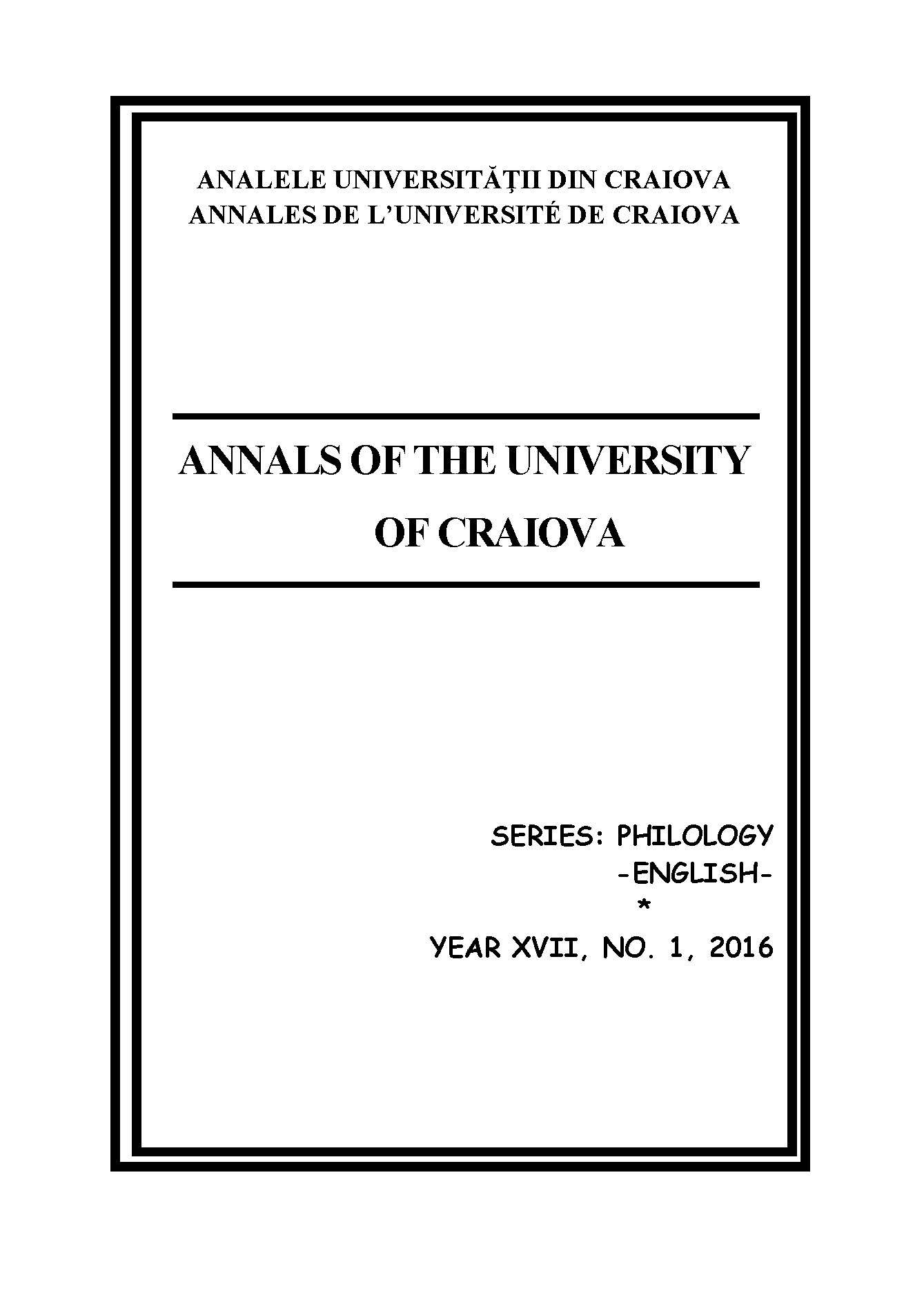The Pragmatic “Identity” of Topic Changes
The Pragmatic “Identity” of Topic Changes
Author(s): Claudia PisoschiSubject(s): Language and Literature Studies, Pragmatics
Published by: Editura Universitaria Craiova
Keywords: identity; topic change; disagreement;
Summary/Abstract: The article is focused on the manner of approaching the change of topic pragmatically. According to the Cooperative Principle, a contribution is traditionally defined as related to the purpose of the verbal exchange or to the direction of that verbal exchange: that explicitly excludes an irrelevant reply. Considering the input offered by the implicit meaning of an utterance, as a result of inferring conversational implicatures and flouting/violating conversational maxims, the perspective adopted can be extended. The willingness of the speaker to contribute to the topic under discussion, or, on the contrary, to disregard or plainly reject it, and, thus, sometimes, end the discussion, can be expressed linguistically by agreement or disagreement markers. It is the latter category that arouses a special interest, since it offers the possibility to view the Cooperative Principle from a larger perspective, at the same time, emphasizing the authority of the speaker. A special attention should be paid to those cases when there is no pragmatic marker anticipating and introducing the change of topic. Such cases can be considered as examples of lack of cooperativeness (especially if the discussion ends) or as particular cases of manifesting cooperativeness.
Journal: Annals of the University of Craiova, Series: Philology, English
- Issue Year: 1/2016
- Issue No: XVII
- Page Range: 91-101
- Page Count: 11
- Language: English

